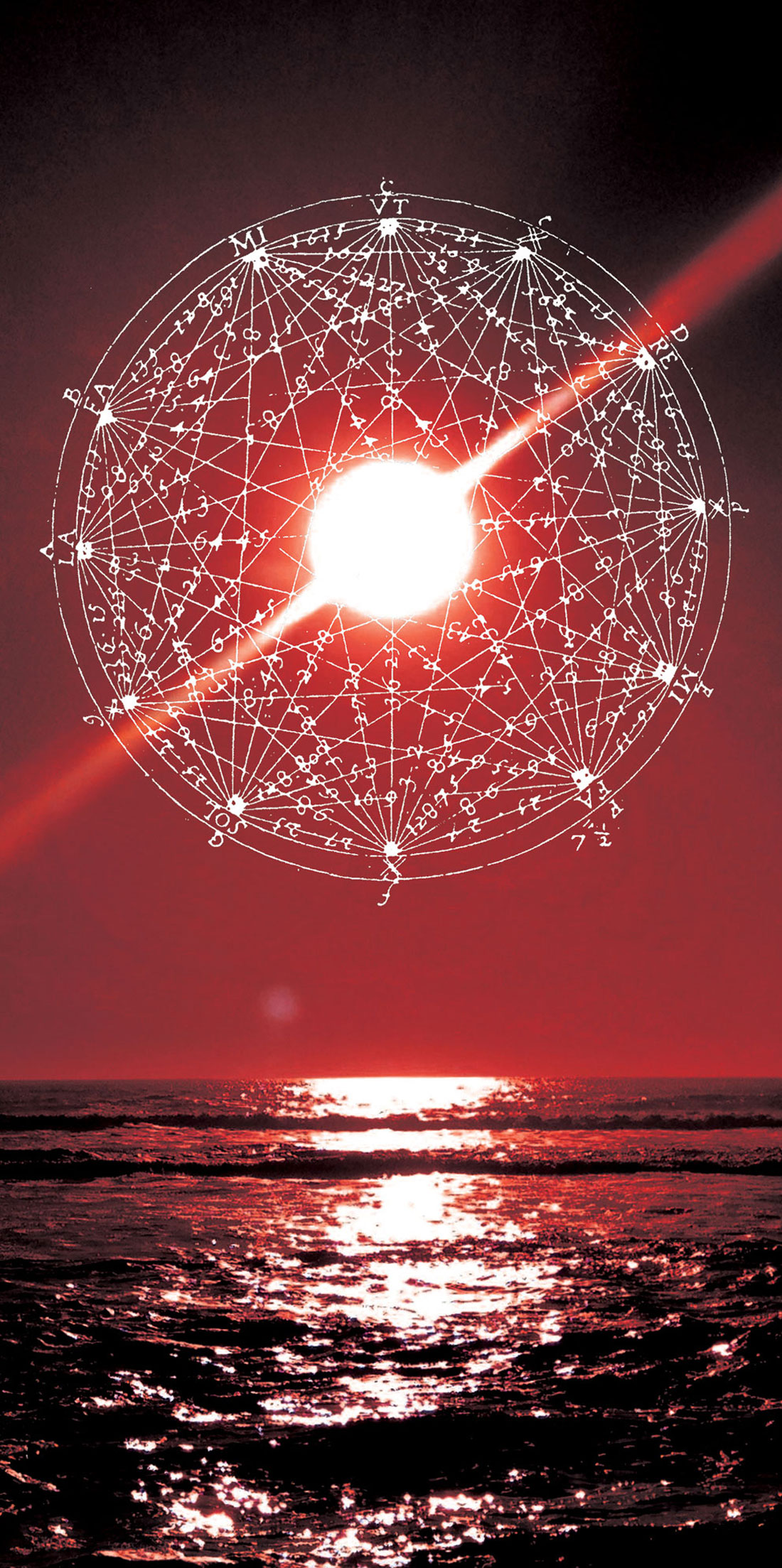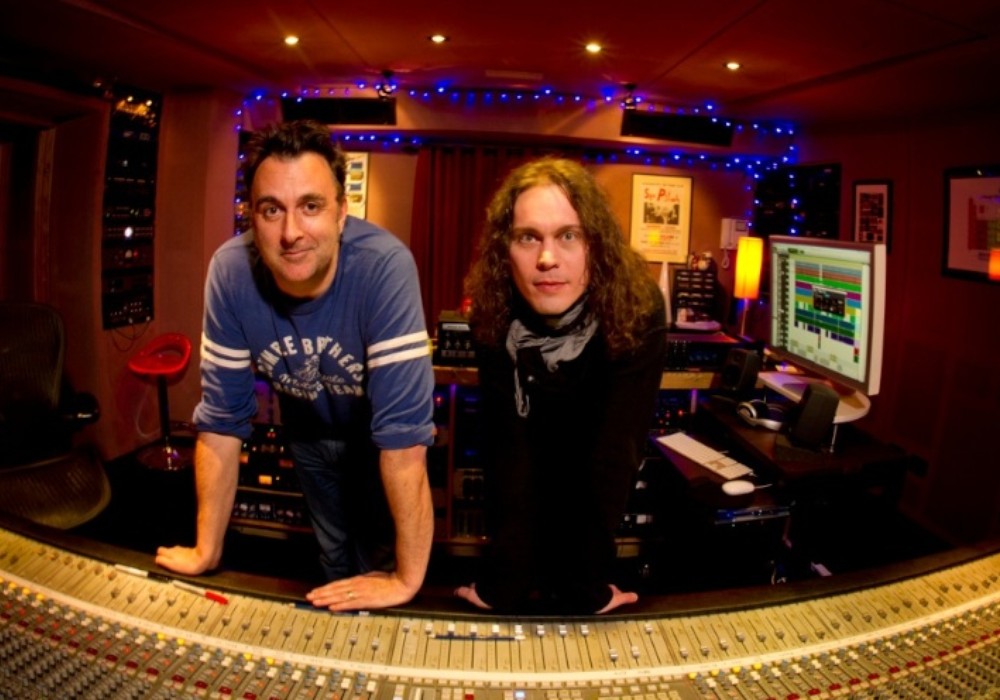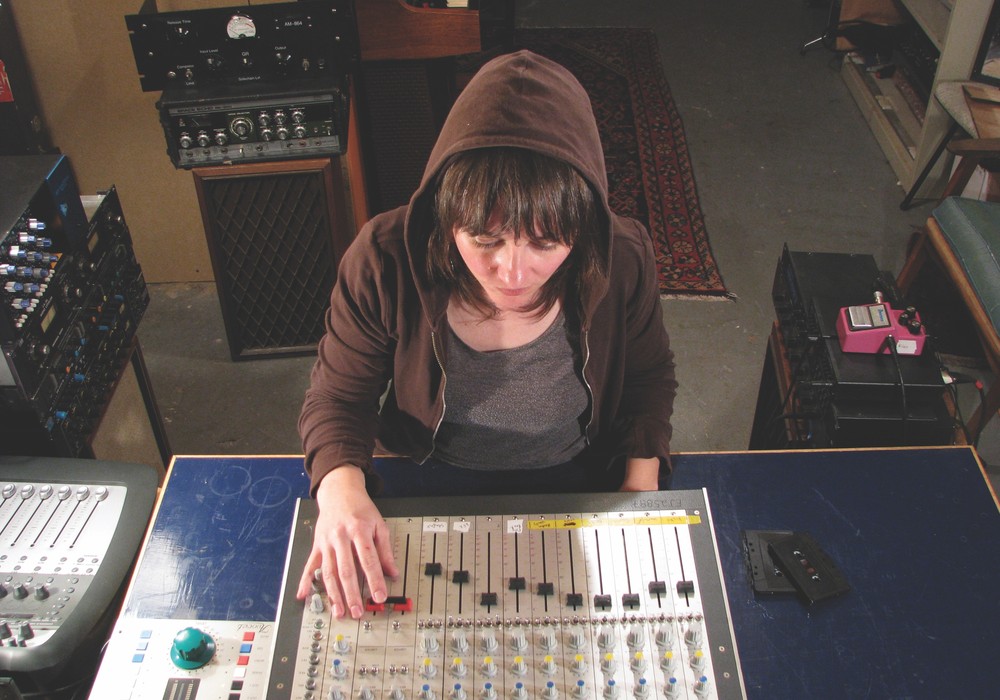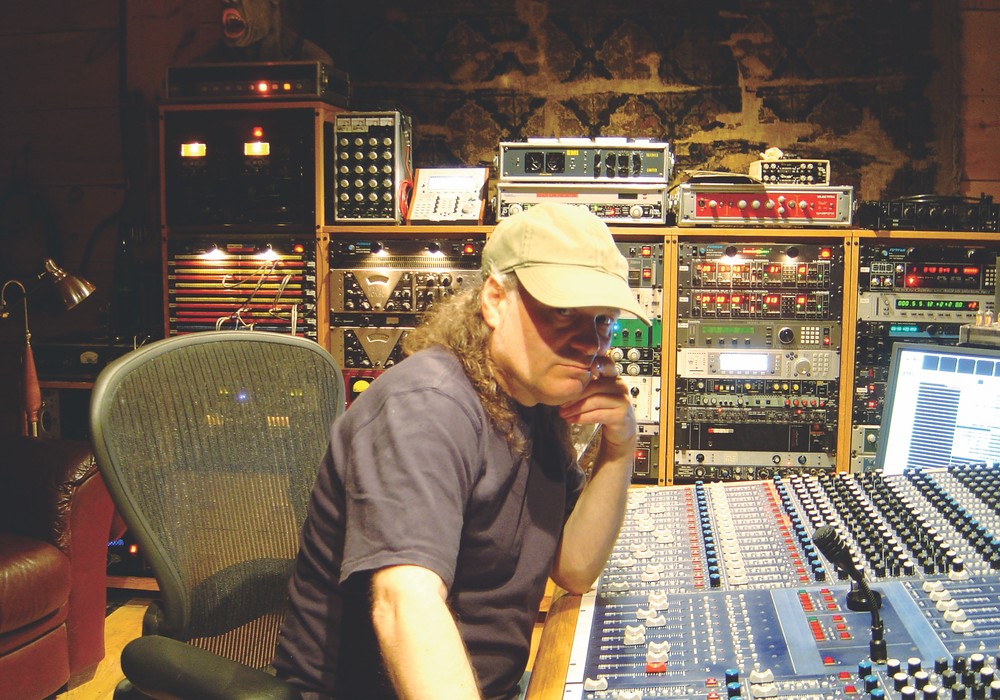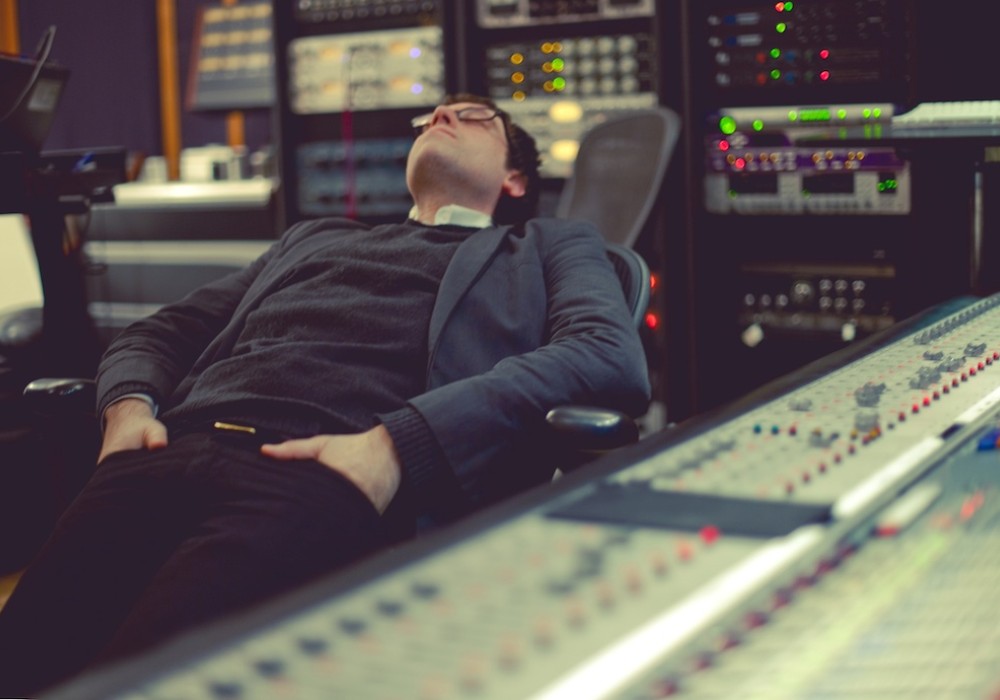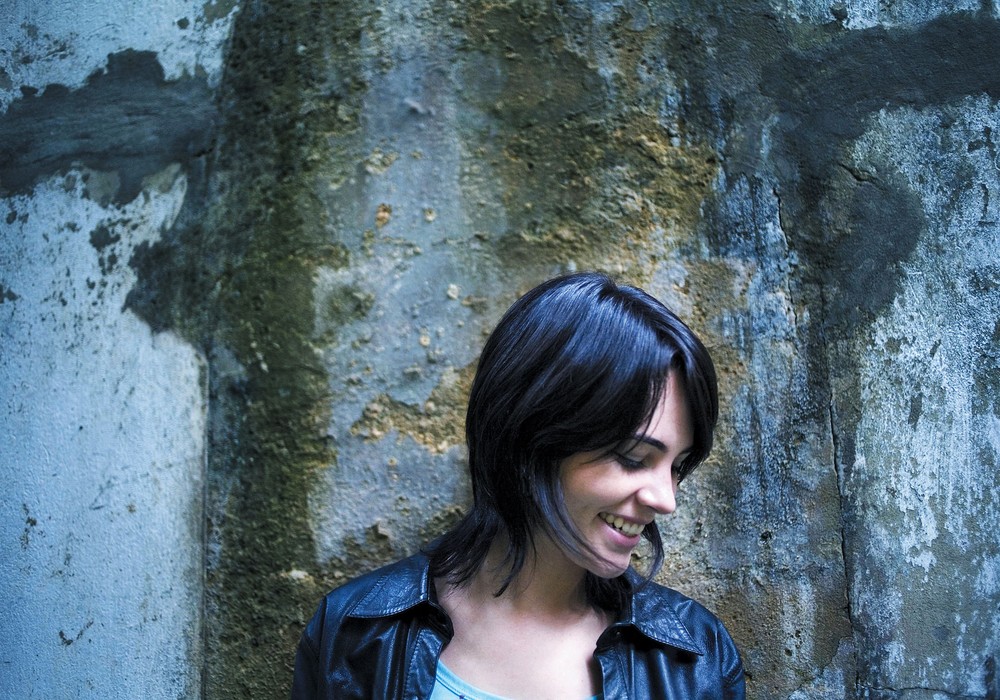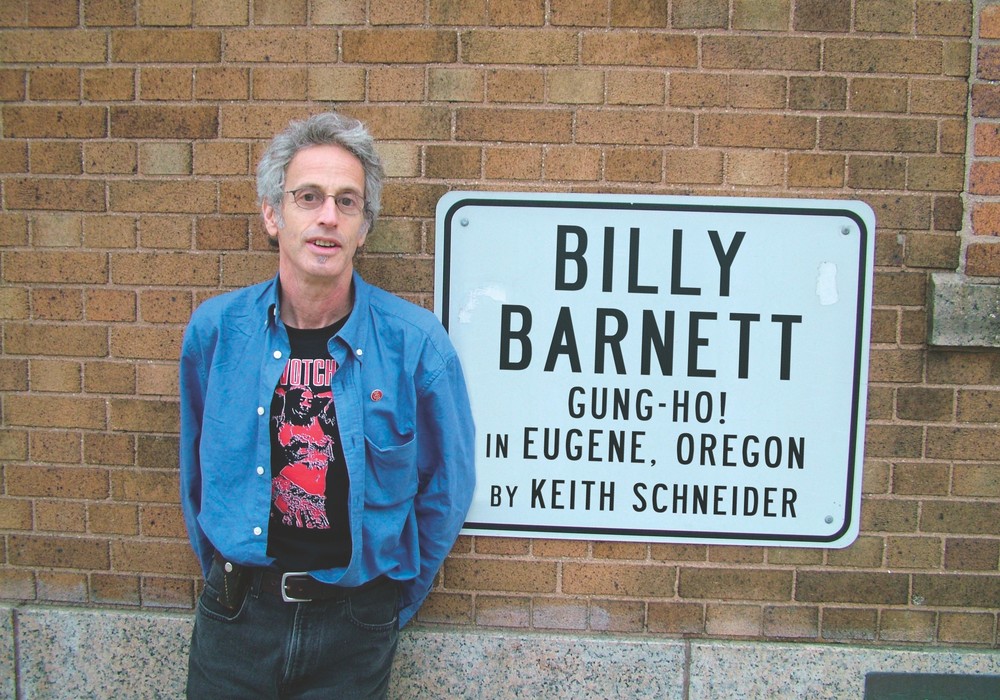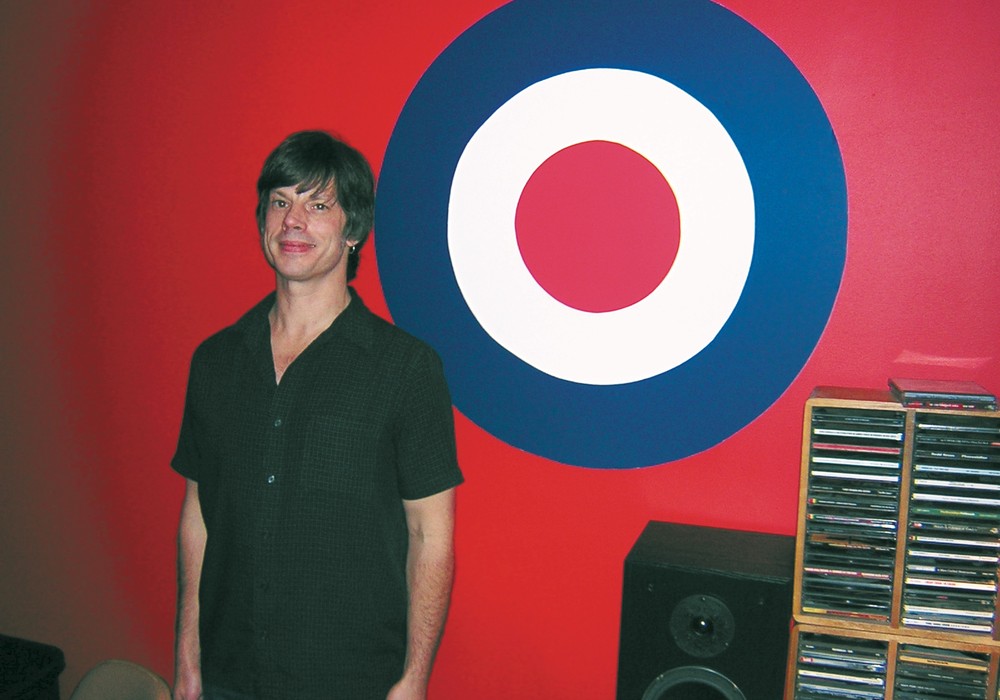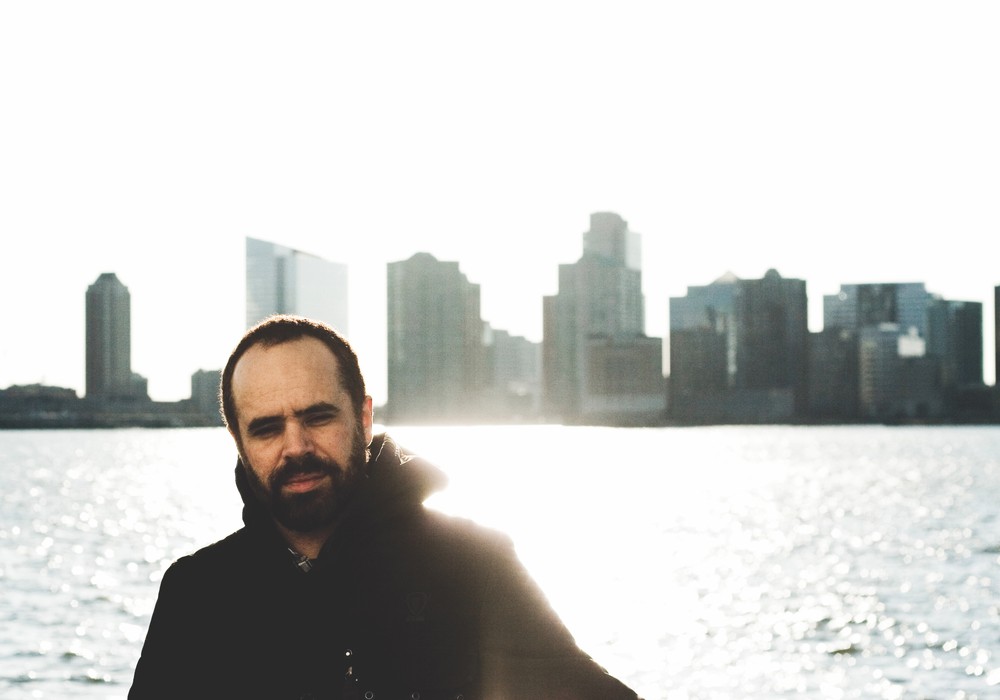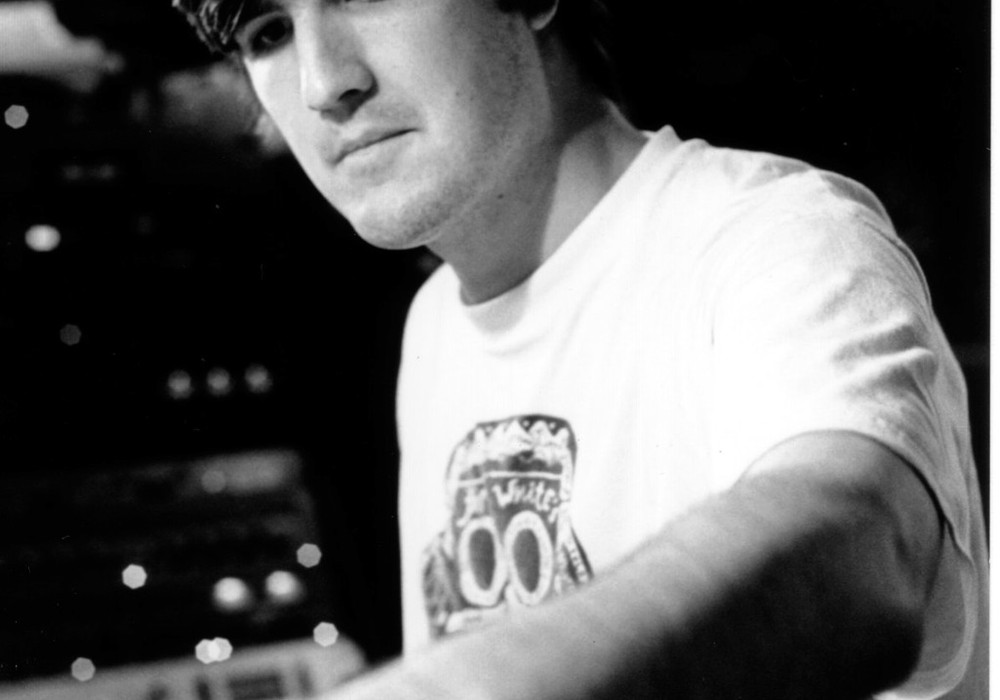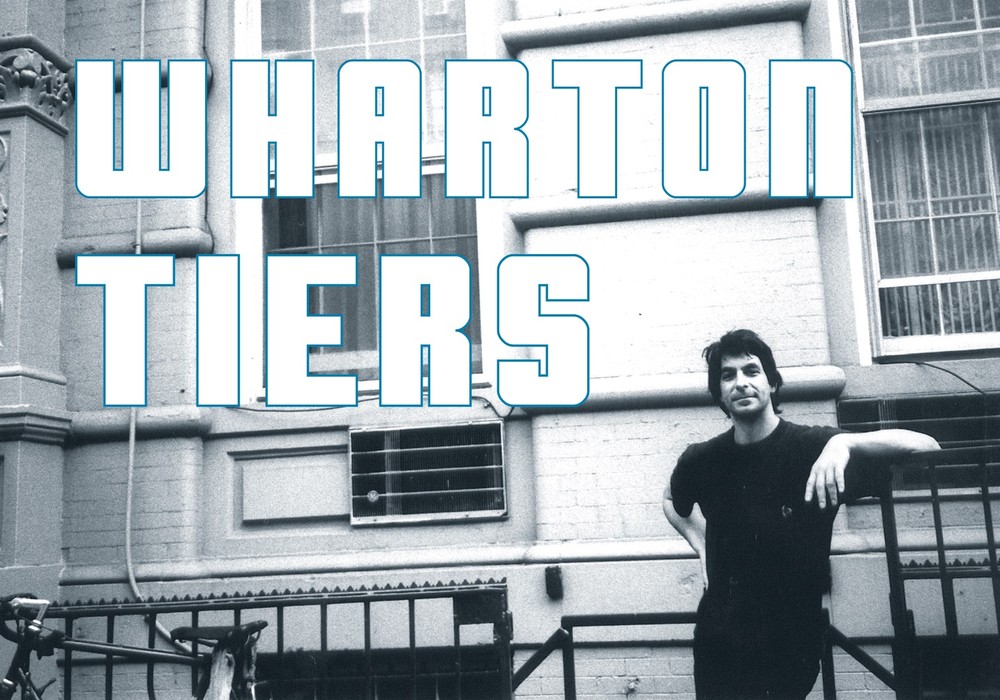An unsung studio hero? That's how some people see Tim Palmer. With a career beginning in London of the late '70s, he worked on records with Kajagoogoo, Cutting Crew and Dead or Alive. Later work with The Mission UK and The House of Love led to working with Robert Plant, David Bowie's Tin Machine, Pearl Jam's debut and even U2's All That You Can't Leave Behind. Yeah, maybe he does deserve a bit more attention? I met Tim at his home-based studio in the hills outside of Austin, Texas, where he keeps busy producing and mixing.
What was the first music that captivated you?
When I first got into music, it was all about T. Rex, The Sweet, Gary Glitter, Mud, and all those poppy, glam bands.
I know you loved punk rock, but when you finally started working in a studio it was all about the LinnDrum.
Right, the '80s. Growing up on The Clash was definitely an invaluable lesson on what is important — and that is the performance and the song, rather than the sonic quality. That's obviously not an excuse to shirk on the recording, but punk made me realize what is key to it all. The song is king; everything else goes into second place very quickly. The '80s was a whole different time. What I liked about it was that there was a simple, definite, supply and demand curve for young people to get jobs in the studio. It was an apprenticeship, as opposed to, "Give us $60,000 and we'll educate you. You're probably not even right for the job anyway, but we'll take your money." You now have thousands of kids who end up doing nothing but being a runner, and then they get disheartened, run out of money, and give up. When I started there was some fairness in the sense of, "Hey, we need a new guy to clean up and make the tea." And you could get a studio job. I got that call.
Had you gone around to studios looking for work?
I'd written to a lot, and I'd actually visited Utopia Studios, which was run by a record producer called Phil Wainman. Phil had produced The Sweet and the Bay City Rollers. Not only did he have gold discs on his wall, but he also made shitloads of money, which was a bonus. It was the perfect example of those different times, and I was in love with it. I was happy to stay on sessions until two in the morning. Many didn't have the bug and left, but I thought being an assistant was fantastic.
You started pretty young?
I was 18 or 19. I often think about that when I look back now, about how I basically gave up on all the fun stuff you can get up to as a kid. It wasn't until I came to America and had a little bit of success that I thought, "Hang on a minute. I can have a good time now!" I tried to make up for lost ground. I did, unfortunately; maybe too much, in some ways. The '80s were a wonderful time to get a job in the studio. Training was totally hands on. Someone would show you how things worked, and then you'd have to just get on with it. The thing that recording schools teach, that I never really learnt, is the knowledge of the electronics, of the signal path, and the technical side of things. I'm always a little bit at a loss for words when people start getting too technical with me. I was definitely from a school where people say, "That's a UREI 1176; they are great for vocals." I'd plug it in, watch people use it, listen to how it sounded, and then I'd figure it out. That was how we learned. You weren't sat down and taught about nanowebers per square meter. There was a great group of producers coming in to record, like Richard James Burgess who was recording Spandau Ballet, or John Leckie mixing Simple Minds. I got to watch them and see how a session worked. It was great.
What was your job initially?
Make the tea and clean up. The first day I came to the studio dressed totally inappropriately. As it was an important studio, and this was a big job, I thought I had to look smart so I had a nice shirt and jacket on. I walked in and everybody's hanging out in jeans and T-shirts. They said, "Go into the studio. There's a lot of mess. Tidy it all up, and ask them if they want drinks." So I walked into Studio A at Utopia, and the first artist I saw and asked if he'd...
